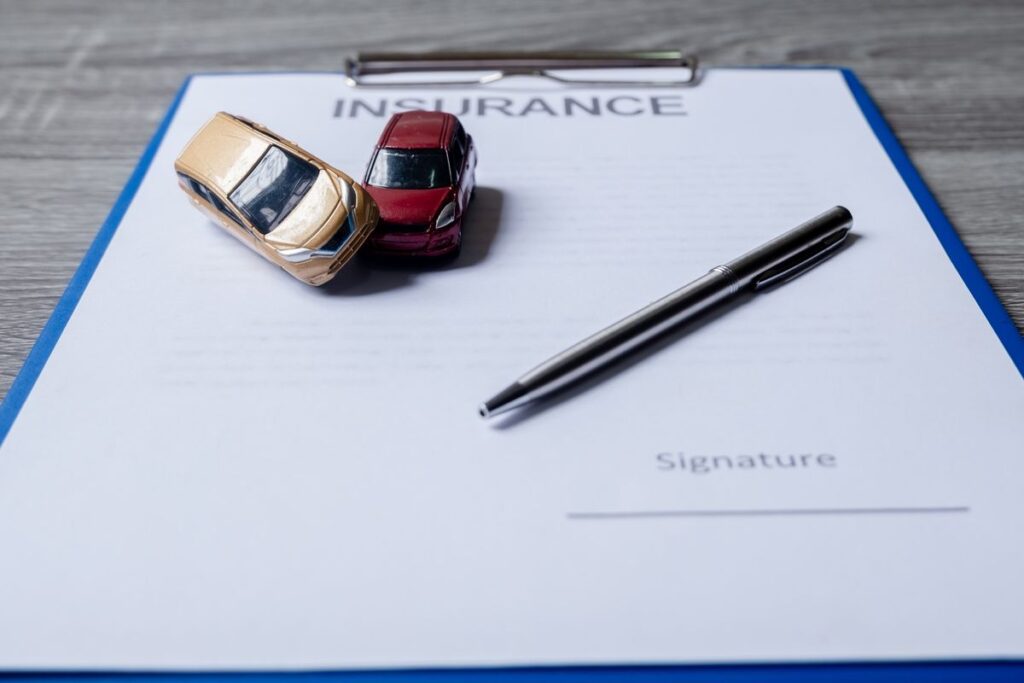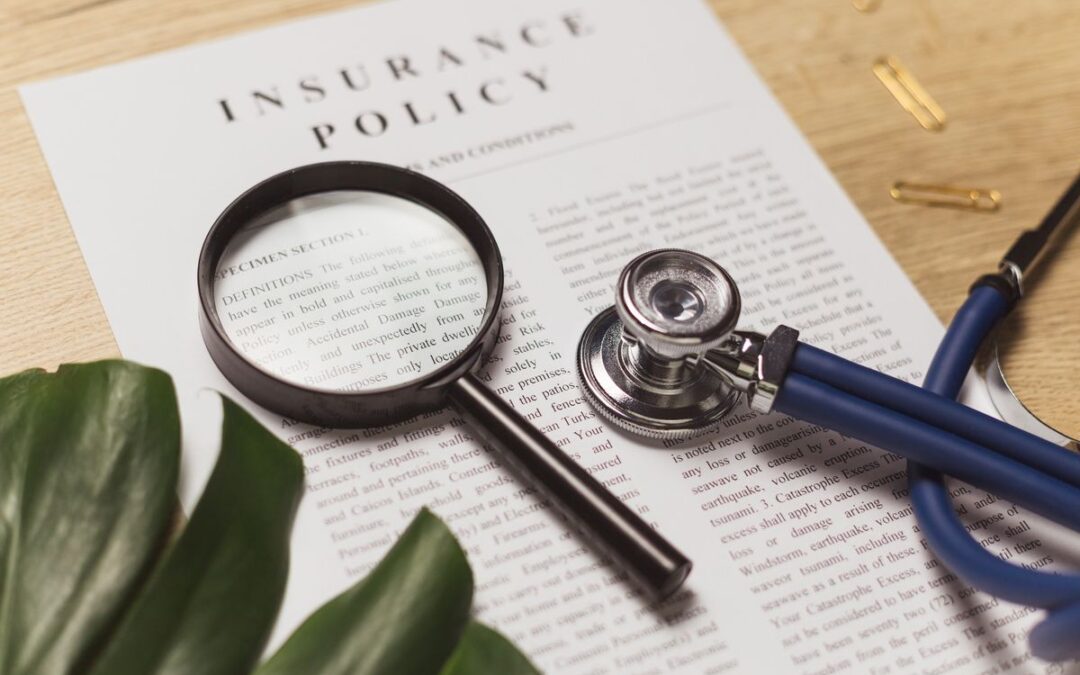Accidents are stressful, and dealing with insurance companies afterward can be a daunting task. However, understanding the process and knowing how to navigate it can make a significant difference in your claim’s outcome. This blog post aims to provide a comprehensive guide on how to deal with insurance companies after an accident.
Understanding the Role of Insurance Companies
Insurance companies play a crucial role in accident claims. Their primary function is to cover the financial costs associated with the accident, such as medical bills, property damage, and sometimes, compensation for pain and suffering. However, it’s essential to remember that insurance companies are businesses aiming to minimize their payouts. Therefore, knowing how to communicate effectively with them can help ensure you receive a fair settlement.
Immediate Steps After an Accident
The moments following an accident are critical. First, ensure everyone’s safety and call for medical help if needed. Then, contact the police to file an accident report. This report serves as an official record and can be vital when dealing with insurance companies.
Next, exchange information with the other party involved, including names, contact information, and insurance details. Document the accident scene by taking photos of the vehicles, any visible injuries, and the surrounding area. These steps provide a solid foundation for your insurance claim.
Contacting Your Insurance Company
Notify your insurance company about the accident as soon as possible. Provide them with the basic facts and be honest. Any discrepancies between your statement and the accident report could harm your claim. However, avoid admitting fault or providing more information than necessary at this stage.
Navigating the Claims Process
Once you’ve reported the accident, an insurance adjuster will investigate the claim. They may request additional information, such as medical records or a more detailed account of the accident. It’s crucial to respond promptly to these requests, but remember to keep your responses factual and concise.
During this process, the adjuster may offer a settlement. It’s important not to accept the first offer immediately, especially if you have injuries. Medical issues related to accidents can take time to manifest, and accepting an early settlement may leave you with uncovered medical expenses.
Negotiating a Fair Settlement
If the initial settlement offer is lower than expected, don’t hesitate to negotiate. This is where your documentation can prove invaluable. Use your records to justify your claim and demonstrate the impact of the accident on your life.
It’s important to have a personal injury lawyer on your side like our team at Rebecca Kay Sapp Law Firm to help negotiate the best offer for you.

Dealing with Insurance Adjusters: Best Practices
After a car wreck, one of the primary interactions you’ll have is with insurance adjusters. These professionals work for the insurance companies, and their primary goal is to resolve claims quickly and, often, for as little as possible. Knowing how to handle these interactions can significantly impact the outcome of your claim.
- Preparation is Key: Before speaking with an adjuster, gather all necessary documentation. This includes police reports, medical records, photographs of the accident scene, and any other relevant evidence. Having all your facts straight can help you avoid any inconsistencies in your account of the incident.
- Avoid Recorded Statements: Insurance adjusters may ask for a recorded statement. Politely decline. These statements can sometimes be used against you later on, especially if you inadvertently say something that conflicts with a previous account.
- Limit Sharing Medical Information: While it’s essential to share basic information about your injuries, avoid giving detailed medical histories. Adjusters might attempt to relate past medical issues to current injuries, potentially reducing your compensation.
- Don’t Accept the First Offer: Initial settlement offers from insurance companies tend to be on the lower side. Remember, it’s their job to save the company money. Always review any offer with a personal injury attorney to determine its fairness.
- Communicate in Writing: Whenever possible, communicate with insurance adjusters in writing. This provides a clear record of all interactions, which can be beneficial if there’s a dispute.
- Stay Calm and Professional: Conversations with adjusters can sometimes become heated, especially if there’s a disagreement over fault or the claim’s value. Always stay calm and communicate in a professional manner.
- Know When to Seek Legal Help: If you feel an insurance adjuster isn’t offering a fair settlement, or if the process becomes too overwhelming, it might be time to consult with a personal injury attorney. They can advocate on your behalf and ensure you receive fair compensation.
- Georgia Specific: In Georgia, if the other driver is at fault, you have the option of filing a claim with their insurance or yours. Understand the pros and cons of each option. Sometimes, your insurance may offer a better settlement, but you might have to pay a deductible.
Conclusion
Dealing with insurance companies after an accident can be challenging, but understanding the process can help ensure you receive a fair settlement. Remember to document everything, communicate effectively, and don’t rush into accepting a settlement. If in doubt, seek professional advice.
While this process can be overwhelming, remember the mantra: patience and persistence often lead to the best outcomes when dealing with insurance claims after an accident.
If you have been injured in a car accident in Gwinnett County please call our team of personal injury lawyers at Rebecca Kay Sapp Law Firm today – (678) 720-8422

